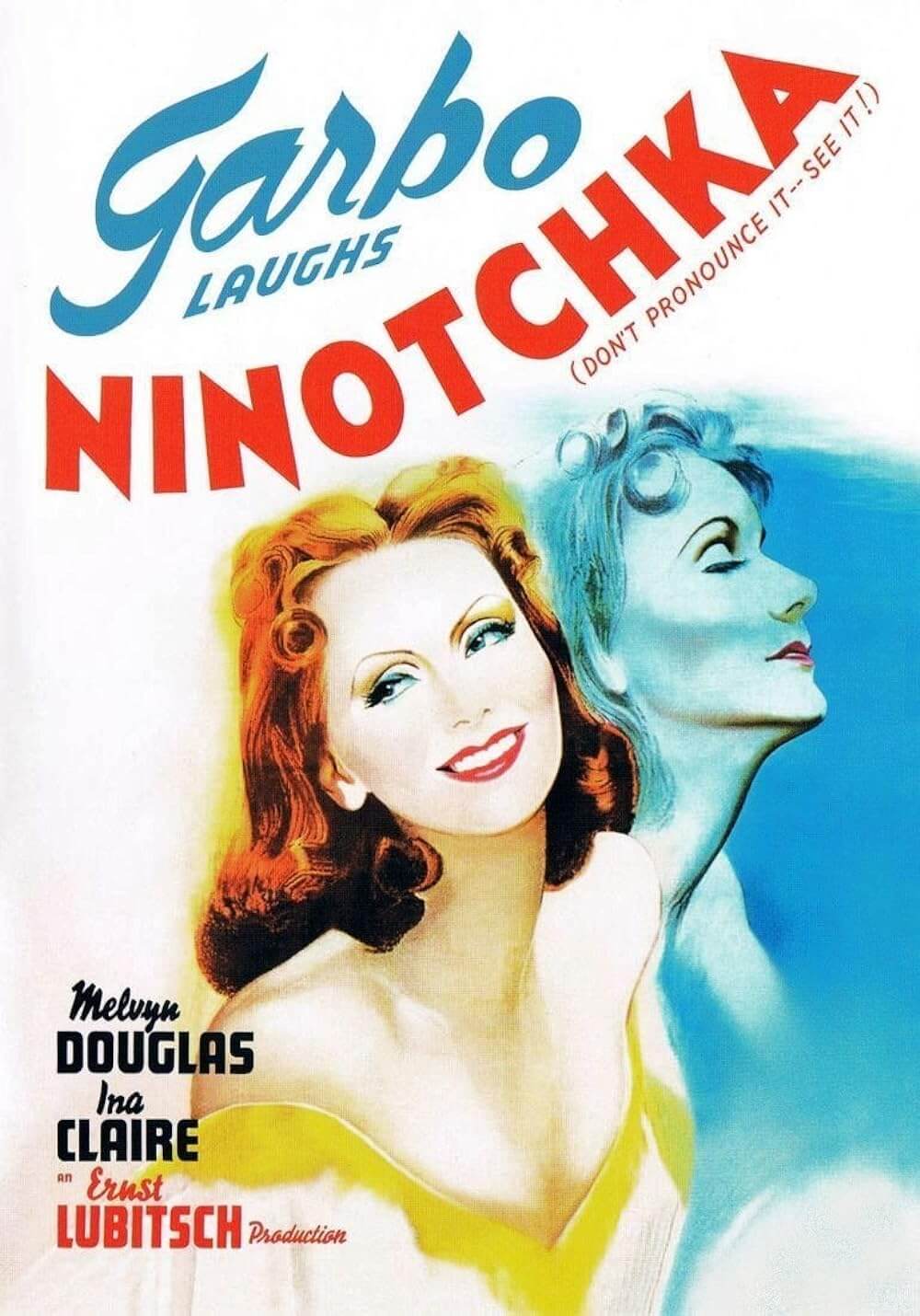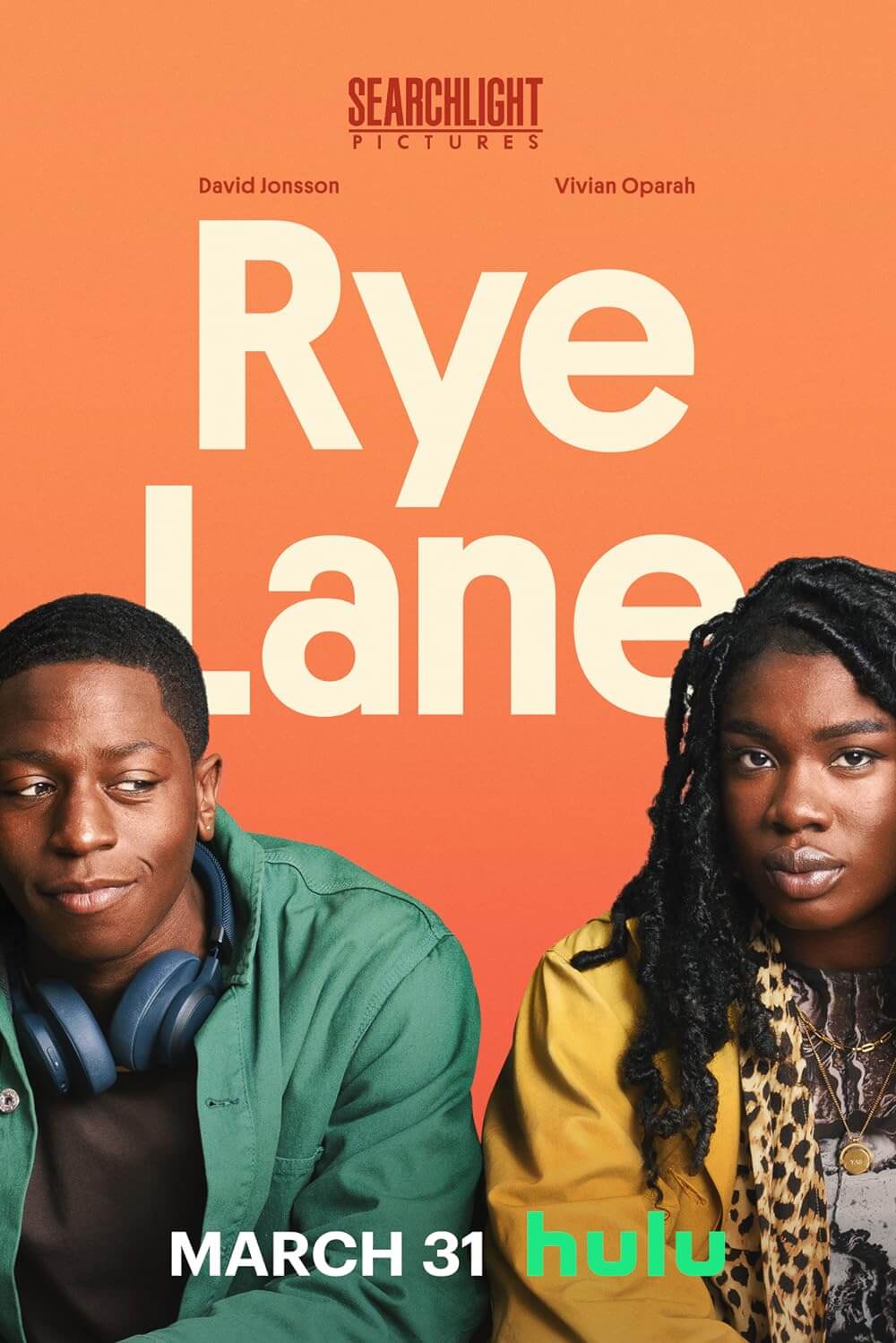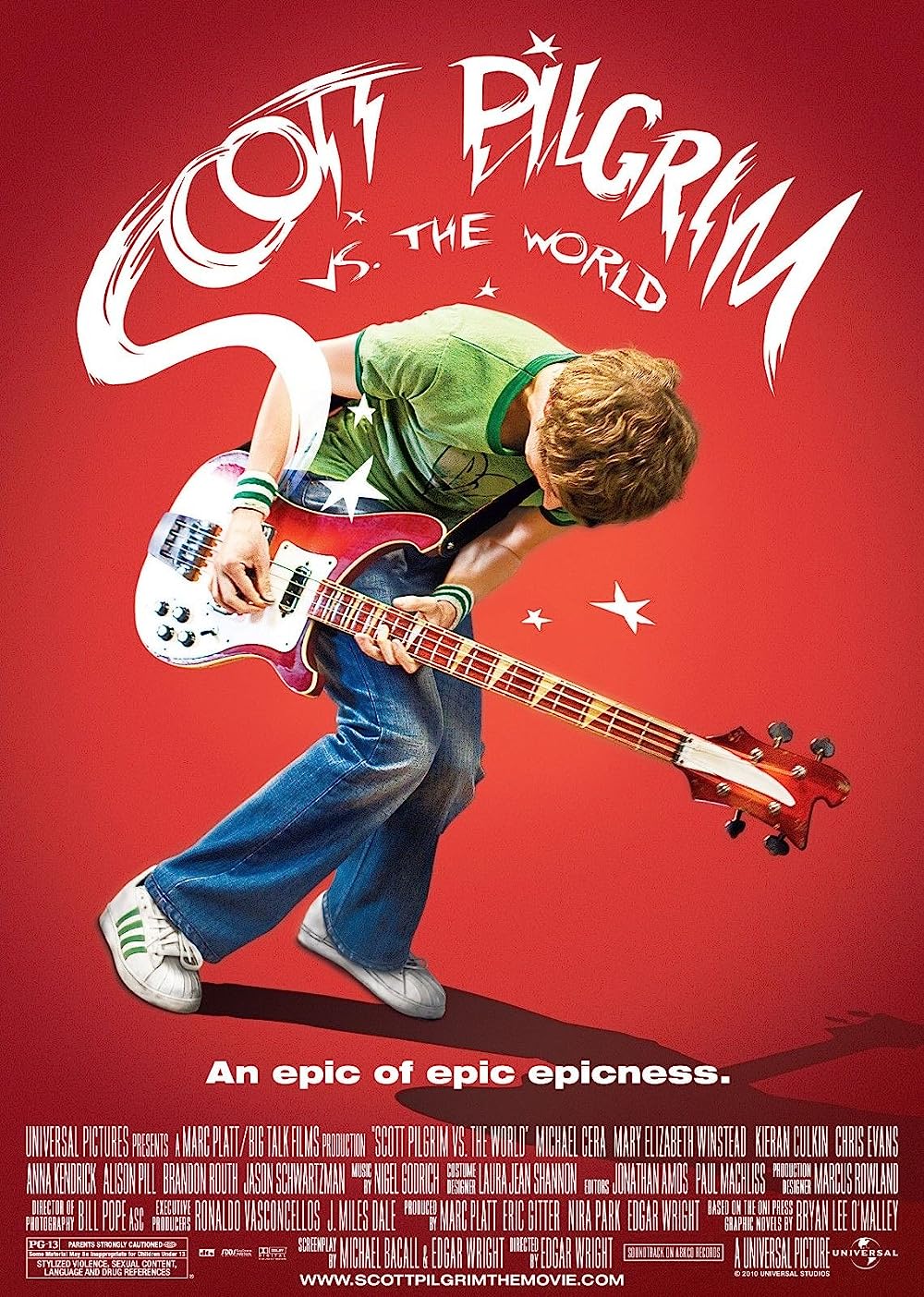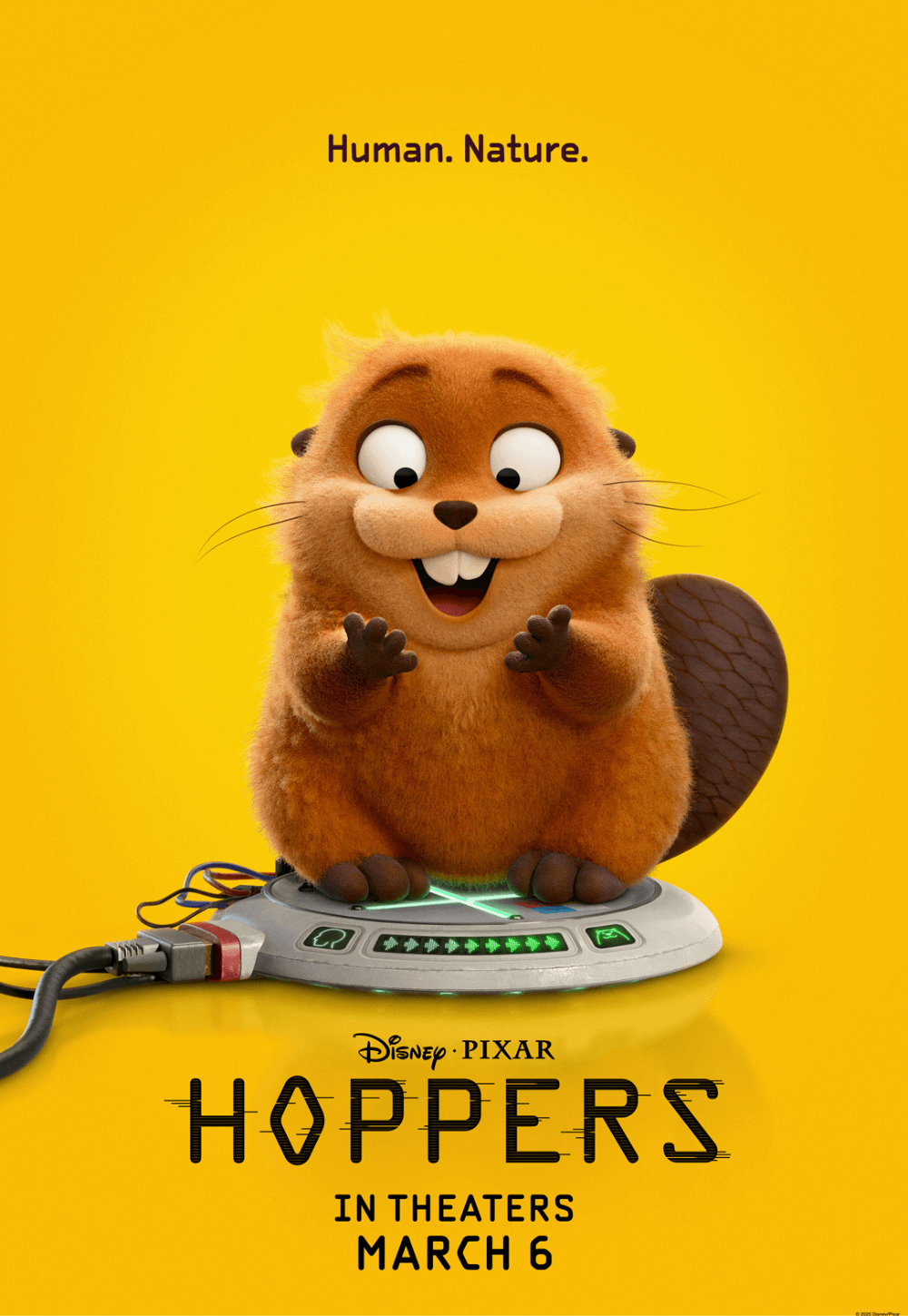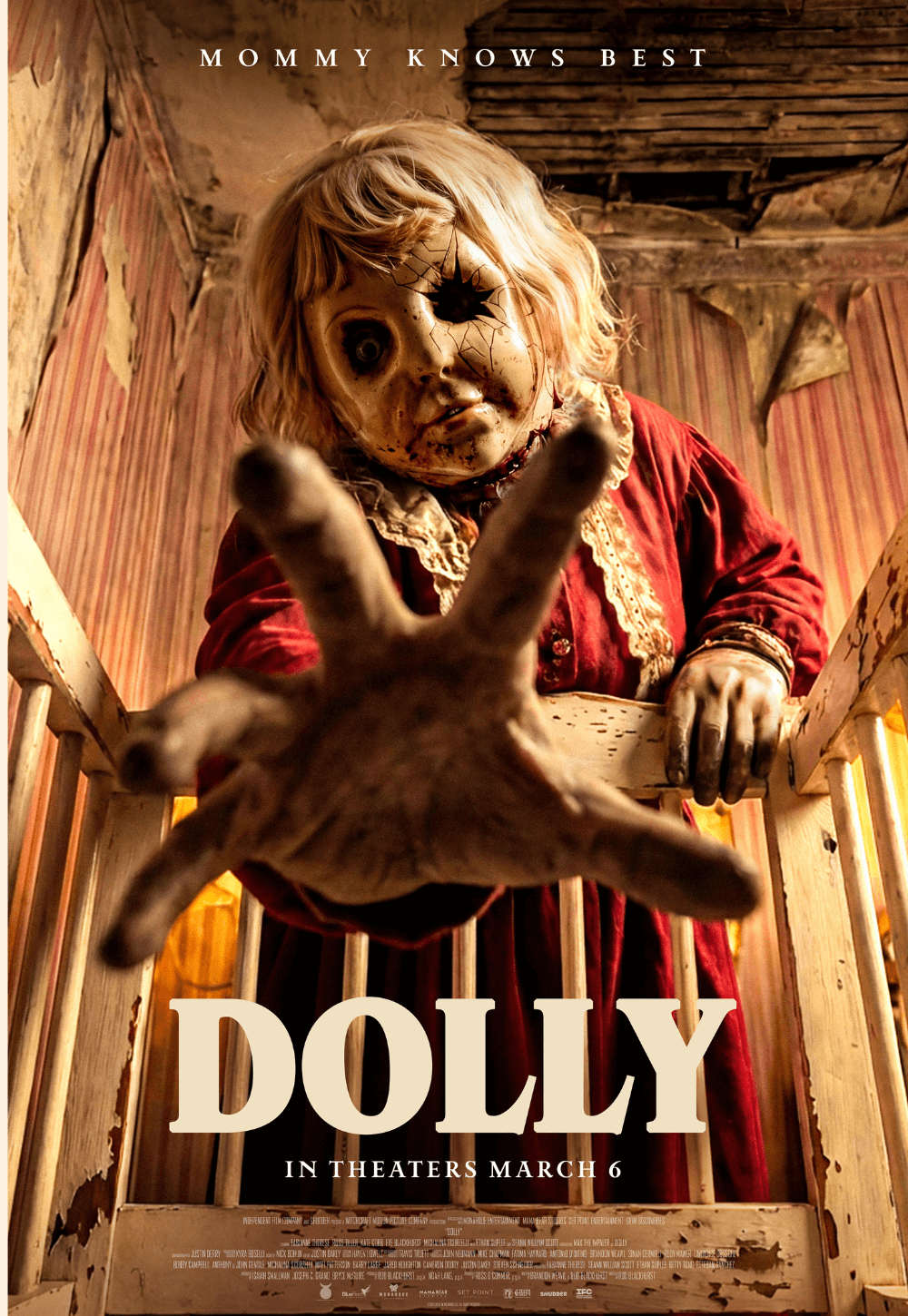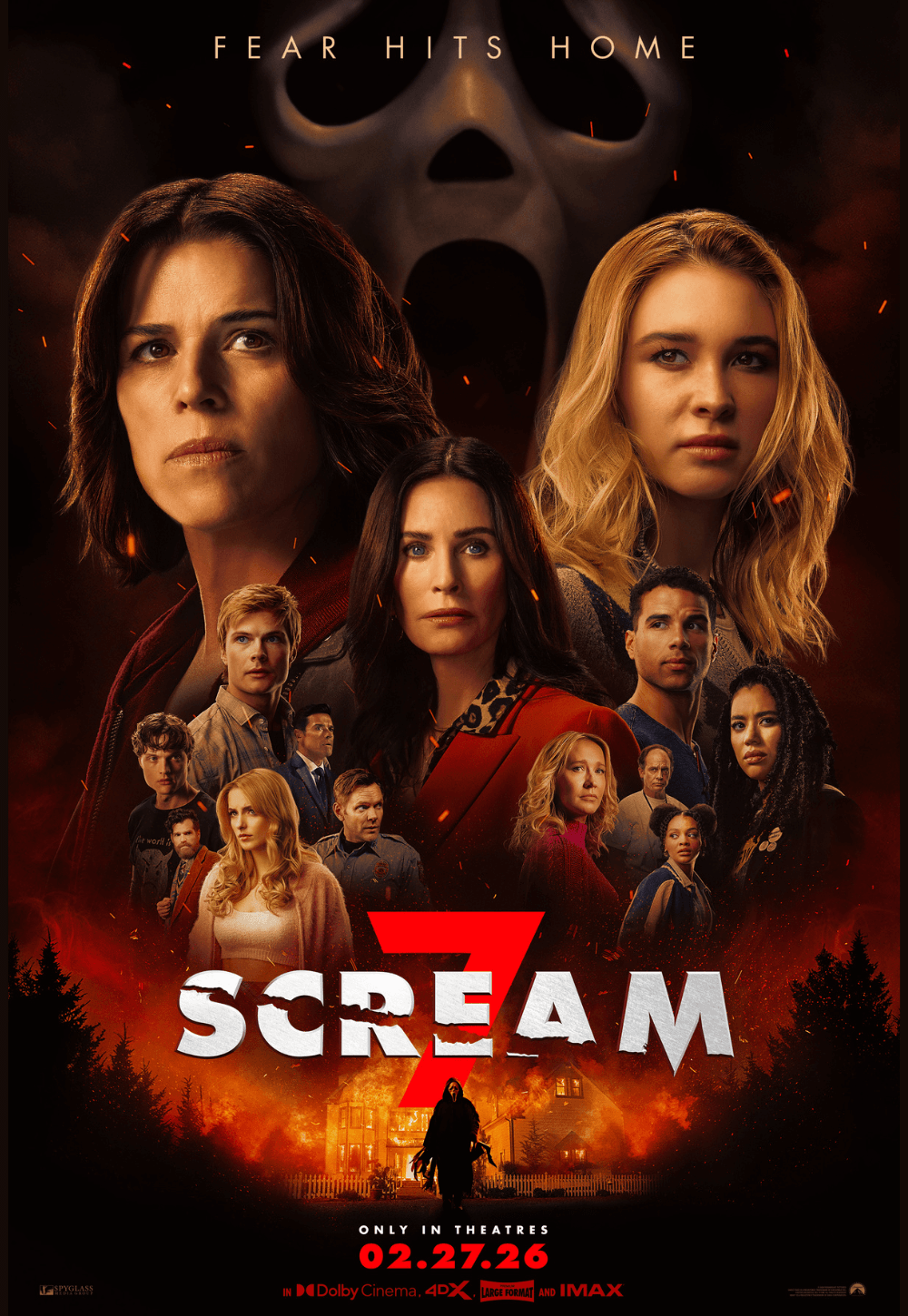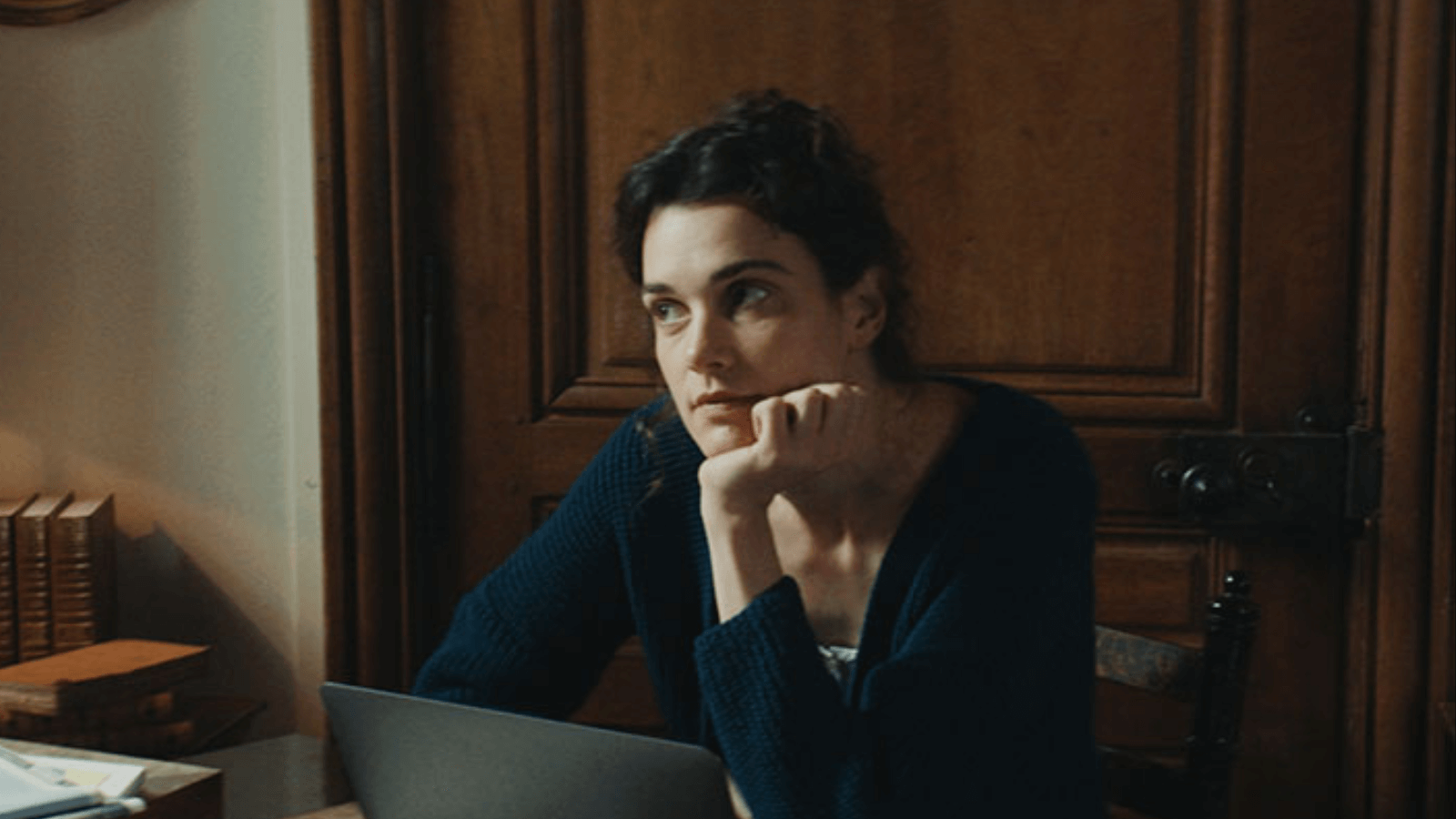
Jane Austen Wrecked My Life
By Brian Eggert |
Jane Austen Wrecked My Life, charming and self-aware without resorting to irony or cynicism, is an endearing romantic comedy by writer-director Laura Piani. This rather sweet movie at once comments on and deploys genre formulas in a manner worthy of the title’s British author, albeit within a clever, literate French comedy. It’s astonishing how well Piani imbues an Austenite romance with an unfussy intimacy that registers as prototypically French, delivering a movie that will probably appeal most to those who relate to its main character, Agathe, terrifically played by Camille Rutherford. Refreshingly, Rutherford feels real in the role. She doesn’t conform to the tanned and toned model physique of today’s movie stars. She has a natural, accessible face and presence, far removed from the Instagram-friendly personas of her Hollywood counterparts, such as Sydney Sweeney or Glen Powell. Watching Jane Austen Wrecked My Life, I was reminded of what it’s like to see people onscreen who are attractive but don’t look like they were hired because they scored well on the promotional department’s algorithm for sellable faces.
Fittingly, Agathe is out of step with modern love. A bibliophile and longtime employee at the Parisian bookstore Shakespeare and Company, she believes in a literary brand of courtship. She doesn’t participate in online dating apps and believes she was born in the wrong century. As a result, she has resigned herself to two years of celibacy. If Agathe were an Austen character, she would be Anne Elliot from Persuasion, whose outward timidity and bookishness conceal her inner passions. But there’s also a similarity to Elizabeth Bennet from Pride and Prejudice, caught between a suitable mate and a less likely, prickly, but more endearing candidate. More on that later. Agathe dabbles in writing “cheap romances” on the side. And while at an Asian restaurant one night, she has a waking fantasy about dancing with a naked man. This inspires her to write the first chapter of a romance novel.
Soon, Agathe’s chapter earns her a two-week stay at the picturesque Jane Austen Residency in England. But just before her departure, she finally shares a kiss with her coworker, Félix (Pablo Pauly). They’ve had a years-long flirtation, characterized by affectionate teasing and banter reminiscent of Emma Woodhouse charming nearly everyone in her orbit in Austen’s Emma. The new development in their friendship distracts her, fueling both her writer’s block and impostor syndrome—a condition so deeply rooted that Agathe has convinced herself that she’s not just psyching herself out; she’s a genuine impostor. The situation grows more complicated thanks to Oliver (Charlie Anson), the “great-great-great-great nephew” of Jane Austen. Oliver is attractive and reserved in the manner of Captain Wentworth or Mr. Darcy, which should indicate where the story goes. As Oliver’s father, who started the retreat, declines into senility, Oliver reluctantly steps into a role he doesn’t want, even while feeling drawn to Agathe.

Piani’s screenplay doubles as an argument for the artistic legitimacy of Austen’s work, to which this film pays homage. Oliver dismisses Austen as overrated in favor of more serious male authors like Charles Dickens. Agathe sharply responds, explaining why literary snobs too often minimize Austen’s influence, ignoring how she carved an identity for herself in an industry dominated by men. She has a similar debate with others at the retreat, who write serious books and question romance novels for their perceived frivolity. Agathe argues for no limits on what constitutes art. She does not negate political, expressive, poetic, or realistic art; she simply prefers the “poetic spark” in a book that “reveals our true nature.” Piani’s love of Austen is earnest, effective, and also contagious. It’s the kind of original story—similar to The Jane Austen Book Club (2007), a movie I’m quite fond of—that validates Austen’s approach to romance by embracing and analyzing her style.
Piani’s enthusiasm for Austen and those who have borrowed from the author’s work also emerges from her film’s playfulness and formal treatment. Certain aesthetic choices and heightened, almost surreal flourishes prove reminiscent of Woody Allen’s Annie Hall (1977). Jane Austen Wrecked My Lifeju also looks like an Allen film, from the font used on the opening credits to the textured lighting and color palette by cinematographer Pierre Mazoyer. Piani at once captures the whimsy found in Austen’s writing and what readers have interpreted as her progressive remarks on women in society, all with a thoughtful validation of romance and humor as a mode of personal expression rather than mindless escapism. In another movie, the moment when Agathe, naked, walks into what she thinks is her bathroom but instead enters the adjoining door of Oliver’s room, it might have been an over-the-top, eye-rolling scene designed for the trailer. Here, Piani captures the moment’s humor and Agathe’s emotional vulnerability.
If some of what occurs sounds silly on paper, Piani never treats her film in the trite manner of many Hollywood rom-coms, regardless of how quickly the end credits arrive after the Big Kiss. Her film is funny and somewhat old-fashioned, but she also explores the downfalls of modern romance, such as sexting. Indeed, Piani doesn’t shy away from sensuality, whereas most US films have become weirdly chaste. In Jane Austen Wrecked My Life, the director reminds us that well-worn tropes still work when they’re treated with genuine emotion and fully formed characters—as opposed to filmmakers who adhere to a series of banal narrative devices, as though checking them off a list from a Screenwriting 101 book. Her film is a moving testament to the dignity and seriousness of romance, even while acknowledging how silly, confusing, frustrating, and absurd falling in love can be. Like art, love has many facets. Austen knew that. So does Piani.
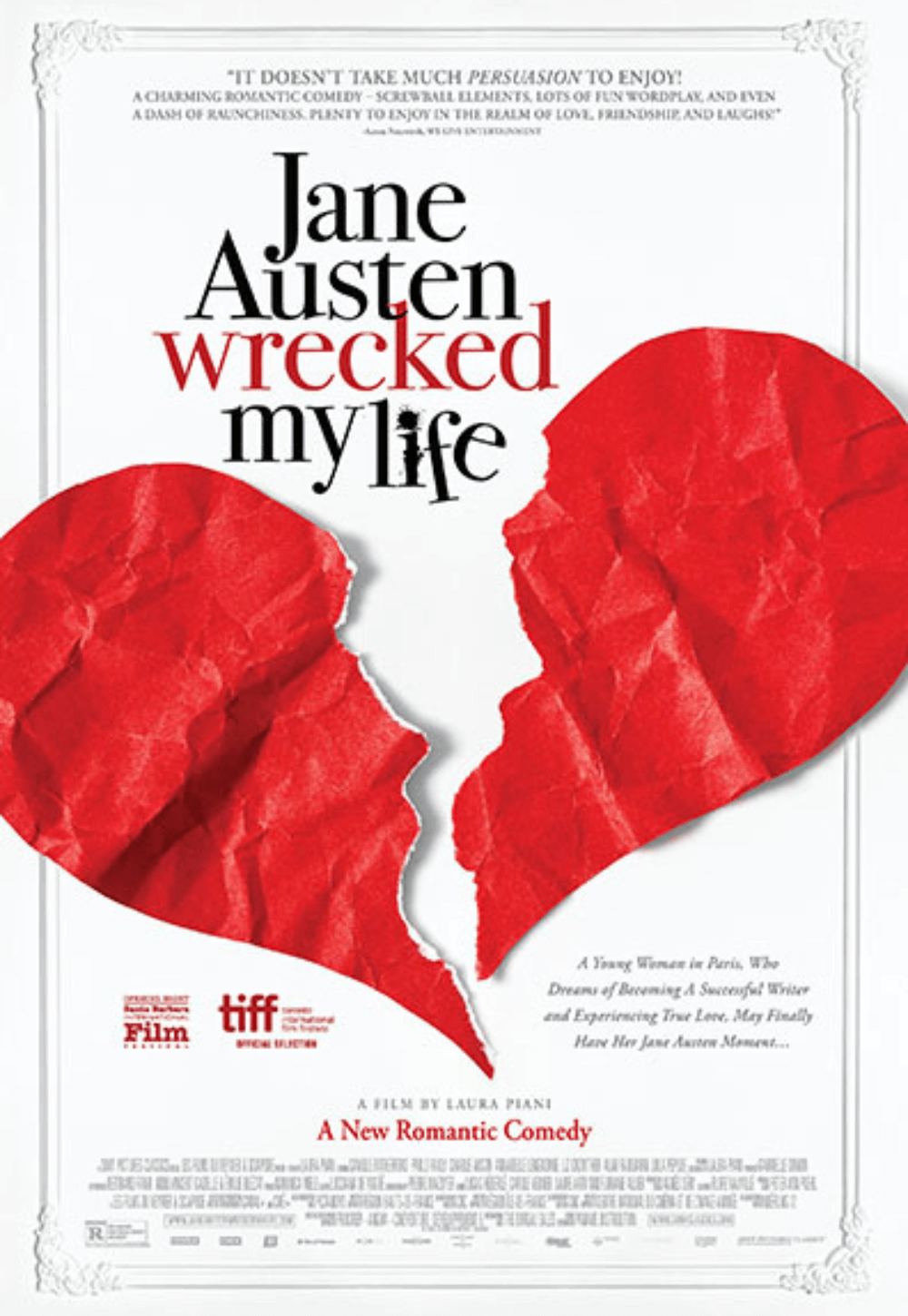
Thank You for Supporting Independent Film Criticism
If the work on DFR has added something meaningful to your love of movies, please consider supporting it.
Here are a few ways to show your support: make a one-time donation, join DFR’s Patreon for access to exclusive writing, or show your support in other ways.
Your contribution helps keep this site running independently. However you choose to support the site, please know that it’s appreciated.
Thank you for reading, and for making this work possible.
Brian Eggert | Critic, Founder
Deep Focus Review


